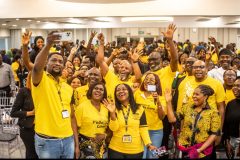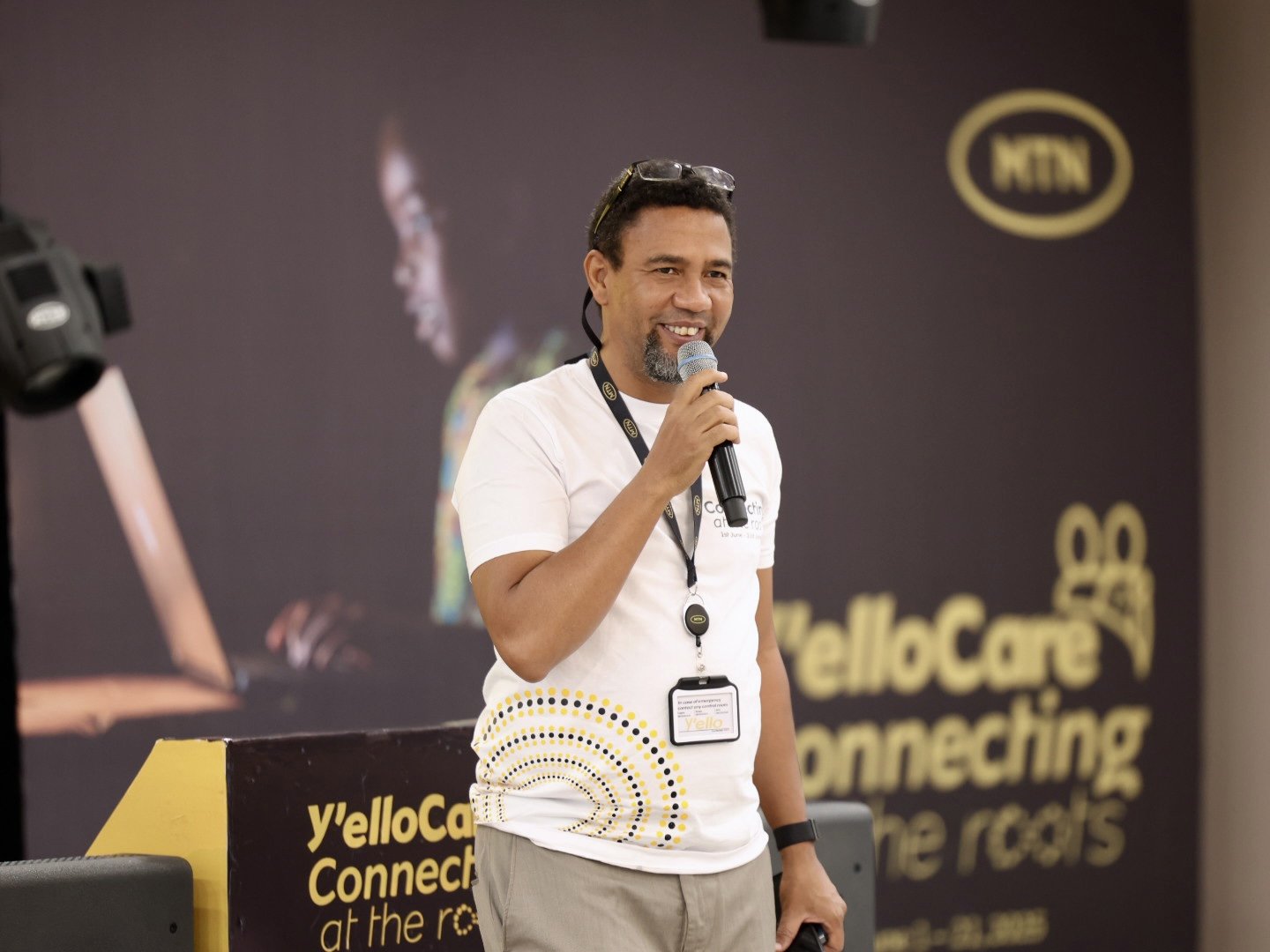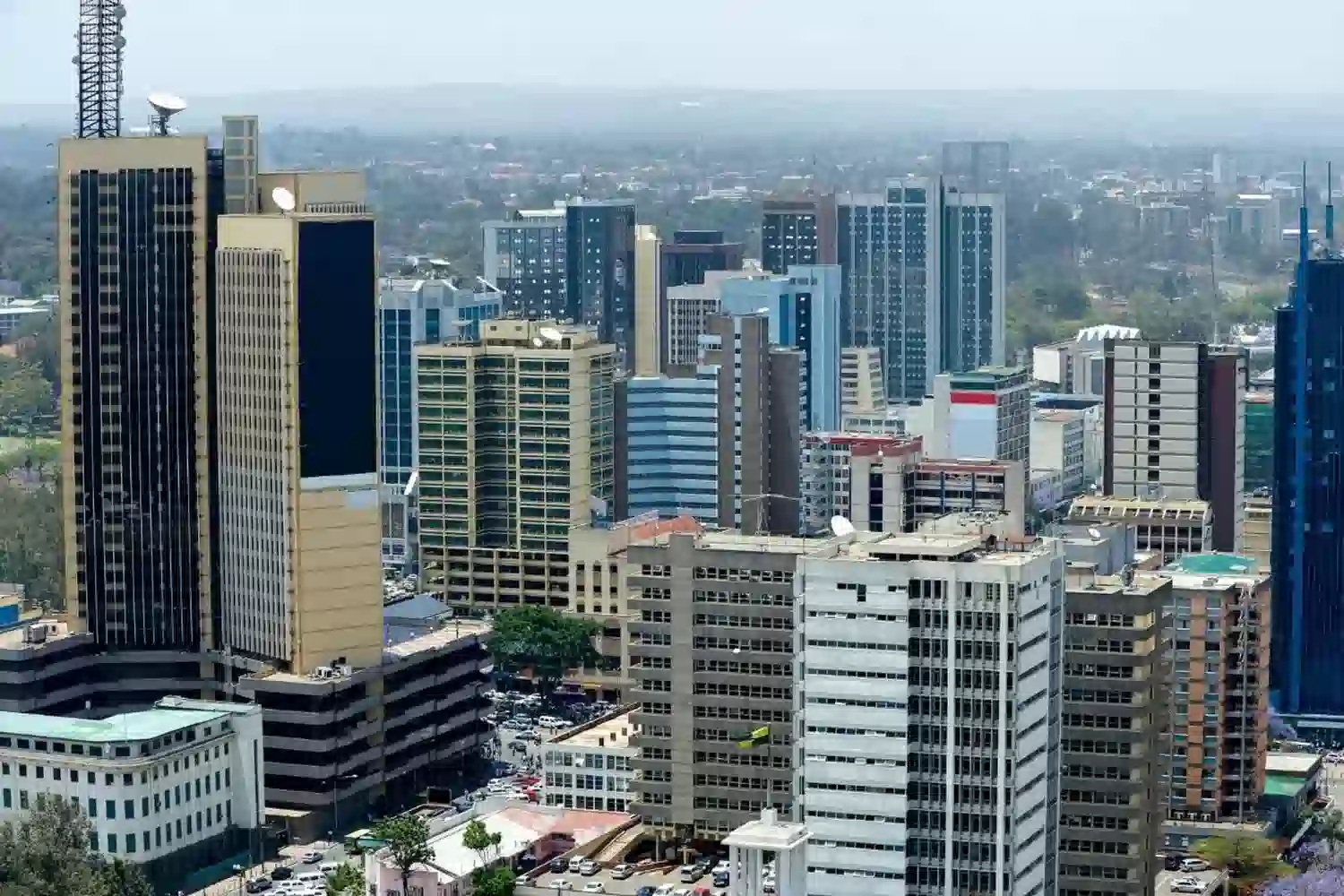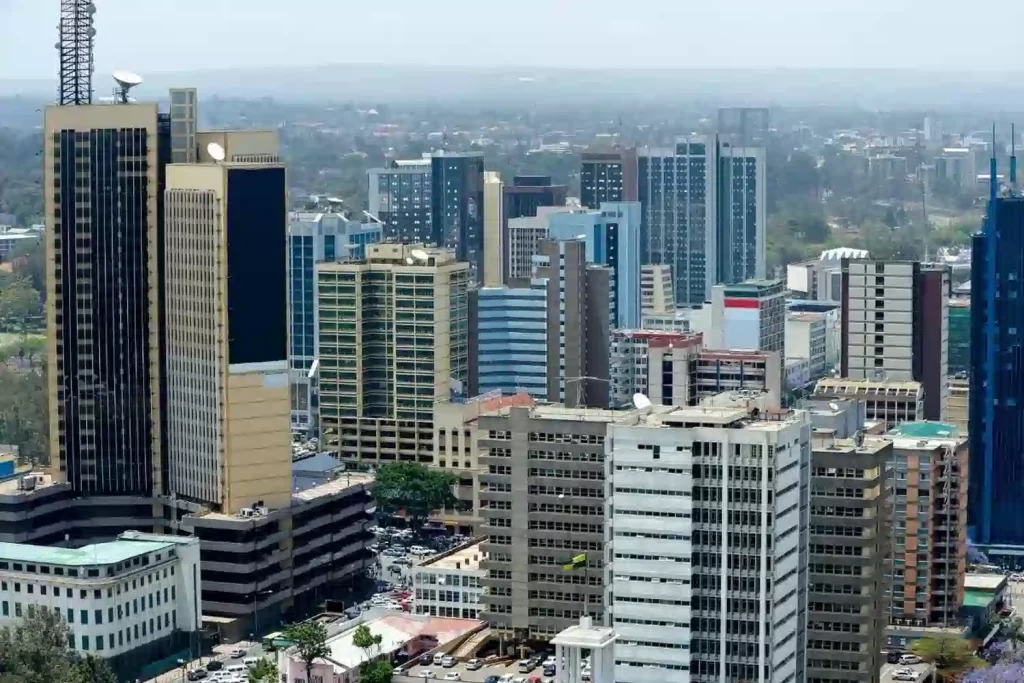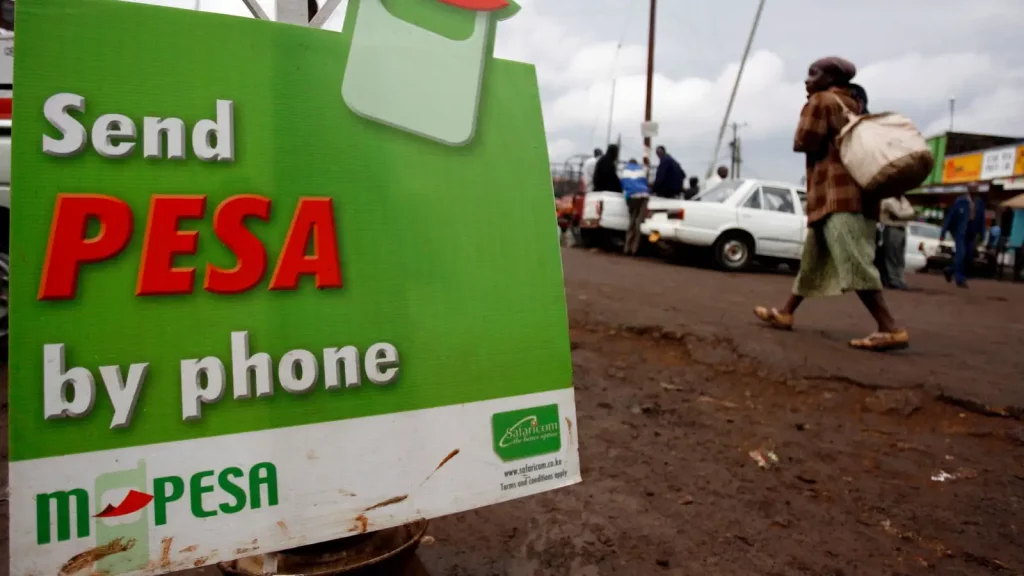In the first half of 2024, MTN Nigeria, the country’s biggest mobile network operator, paid ₦232 billion in taxes—an astonishing 586% increase from the same period last year. It paid 54 separate taxes in 2024 alone across various federal, state, and local government agencies.
The tax burden on telcos like MTN Nigeria will rise further by the end of 2024 as the number of taxes continues to grow. According to the Association of Licensed Telecommunication Operators of Nigeria (ALTON), state governments collect the majority of these taxes.
These taxes include building permits, sewage fees, convulsion levies, storage licenses, and more. Gbenga Adebayo, ALTON’s President, told TechCabal that these taxes increased operational costs of telcos by 50% in 2024.
Some taxes are statutory, but others are imposed arbitrarily. For instance, the newly formed National Association of Telecom Landlords in Bayelsa has imposed levies not recognized by state law. While federal taxes are mostly legally grounded and number less than 20, state and local taxes include a mix of legally-backed and arbitrary levies.
“The multiple taxes are driven primarily by revenue,” Adebayo said. “There is a perception that the telecoms industry is highly profitable and so can be treated as a cash cow.”
MTN Nigeria did not immediately respond to requests for comments.
The current tax environment threatens the expansion of broadband infrastructure, which is crucial for integrating millions of Nigerians into the digital economy. As of December 2023, 27.91 million people in 97 communities still have no reliable high-speed internet, according to data from the Nigerian Communications Commission (NCC). In states like Niger, there is no high-speed internet.
One major issue is the inconsistency in right-of-way fees, which allow telcos to lay fiber optic cables on state-owned land. Most federal government agencies charge ₦145 for fiber laying on highways, while the Nigerian Inland Waterways Agency (NIWA) charges ₦2,500 per linear square meter for laying fiber along waterways and bridges.
State charges vary widely, from Kwara’s ₦1 per kilometer to as much as ₦9,000 in Oyo State.
States like Osun, Lagos, Cross River, and Abuja have invested in fiber ducts that protect cables and lease these ducts to operators. However, the requirement to charge separate fees for the lease and right of way make this arrangement more expensive. Operators like MTN, Airtel, and Globacom use these ducts but still face high costs.
“States have limited revenue sources, so they continually squeeze telcos,” Manish Kochhar, a former chief technology officer at Globacom, told TechCabal. He added that even after paying lease or RoW charges, states frequently fail to protect the cables from damage caused by construction projects. This results in degraded cable quality and poor connection across Nigeria.
The Presidential Fiscal Policy and Tax Reforms Committee, established in 2023, promised to review and harmonize these taxes. However, there has been no update on their progress regarding telecom taxes.
Taiwo Oyedele, the committee’s chairman, did not respond to requests for comments.
Some telecom operators are taking matters into their own hands by negotiating directly with states, according to two people familiar with the matter. In 2023, Lagos State granted MTN Nigeria a right-of-way waiver in exchange for free high-speed internet in public institutions. Edo State offered a waiver and tax incentives to operators that engaged with it.
During a telecom stakeholder meeting organised by the Association of Telecommunication Operators of Nigeria (ATCON), State ICT commissioners in Niger, Kogi, and Cross River suggested that telecom operators need to engage more actively with them to resolve these issues.
There is a concern that engaging individually is not a sustainable solution as it gives bigger operators the opportunity to negotiate juicy deals over smaller operators.
Get Moonshot tickets 20% off with the code MSVIP. Offer valid till 5th September. Here is the link.












